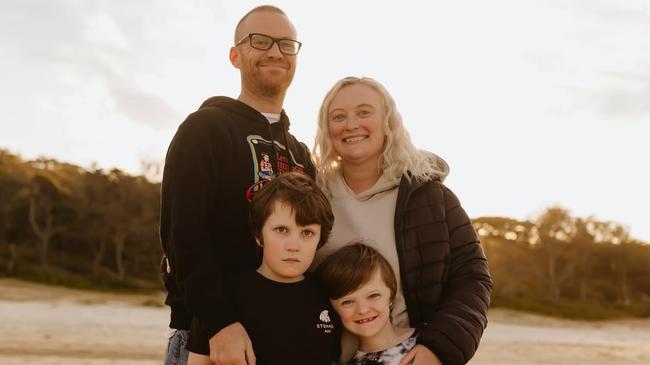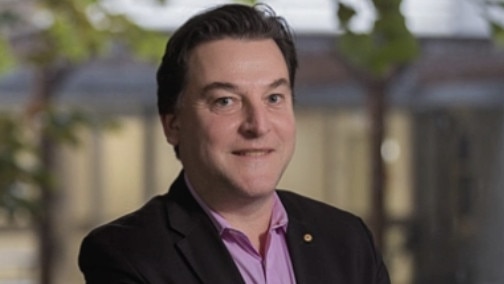Dementia no ‘old person’s disease’
By 2050, Australia and the Western Pacific will contribute half the world’s dementia cases, as experts argue the current national plan is not fit for the future.

A raft of new research makes Australia and the western Pacific a proving ground for the future of dementia treatment, laying to rest its perception as an “old person’s disease”.
Neuroscience Research Australia (NeURA), the Lancet research journal and Health Minister Mark Butler on Tuesday outlined a strategy to combat the increasingly prevalent cognitive condition.
Five research papers detailed the contribution of treatable dementia risk factors to the national epidemic, such as obesity, mental health issues and sleep disturbance. Forty-five per cent of new dementia cases are estimated to be attributable to preventable lifestyle factors.
The research also tackled the landscape of dementia in the western Pacific and barriers to treatment across it, as well as strategies for health literacy and destigmatising dementia.
Cases of dementia are projected to almost triple by 2050 in the region. While the 37 western Pacific countries constitute 20 per cent of the global population, due to older demographics and lifestyle factors, they are slated to contribute over half of the world’s dementia cases by 2050.
Tim Jones faced the brunt of poor awareness, having spent six years searching for a doctor who could correctly diagnose his frontotemporal dementia. “Some of the initial symptoms I’d noticed, Tim wasn’t really aware of because his dementia is often behaviour based,” his wife, Megan, Jones said. “We were told he was too young. It can’t be dementia. We understood his father was in a care facility with late-stage dementia, but we didn’t know much about the history there.
“We were still told it must be anxiety and depression, and when Tim would say ‘Well I don’t feel depressed’, then they said it must be (he was) neurodivergent or autistic and didn’t know he was feeling depressed.”
He first sought help at 36. By 42 it was determined he had early onset dementia. “It’s been quite hard on me,” he said. “There is a decline. It’s always difficult.”

NeURA clinical neurologist Matthew Kiernan said dementia treatment lagged behind other diseases correlated to age because the factors behind it were poorly understood.
By focusing on the response of poorer Pacific nations, Dr Kiernan hoped Australia could help reduce the correlation of diabetes and dementia in communities dealing with endemic insulin resistance. “We know that diet is critically important,” he said. “Dementia is referred to as the third type of diabetes.”






To join the conversation, please log in. Don't have an account? Register
Join the conversation, you are commenting as Logout